Taxing or culling livestock to reduce greenhouse gas emissions is not the way forward, the State's chief climate change advisor has said.
Climate Change Advisory Council chair Prof John Fitzgerald told the Oireachtas Committee on Climate Action this Wednesday that the existing carbon tax should rise because the current cost of using fossil fuels does not reflect their cost to the climate. This would also make renewable energy more profitable by comparison, he added.
We certainly haven't suggested a carbon tax, a methane tax on the herd
However, Fitzgerald rejected the Citizen's Assembly's proposal last year to extend such a tax to livestock .
"We certainly haven't suggested a carbon tax, a methane tax on the herd," Fitzgerald said.
"That would not be where I would begin, and I'm not sure it's where I would end either."
This is because methane emitted by cattle and sheep disappears from the atmosphere in 12 years, while carbon dioxide from fossil fuels is there forever, he explained.
"When I was appointed chair of the council, my understanding of the science was that I was going to basically have to tell farmers they are going to have to get rid of their cows. However, it turns out that the scientific evidence on that is more complicated," Fitzgerald said. He called for a clearer definition of the Government's target to achieve "carbon neutrality for agriculture" by 2050 and for incentives for farmers to plant more trees, especially where beef farming is unprofitable.
Profitability
While acknowledging that many beef farmers would be financially better off leaving the sector and cutting emissions, Fitzgerald also raised the deeper issues associated with such land use change."If you have a farmer who is making nothing or it's costing them money to have cattle on their drumlin soil in Cavan, research suggests that they could actually make more money switching to biomass or forestry, which would actually be part of the solution," he said.
"But there are a lot of problems for farmers in doing that. For example, if it was me planting trees, I'd be dead before I get the benefit from them."
He cited research by ESRI and Teagasc showing that forestry could generate more rural employment than cattle farming, but acknowledged that the study was 30 years old.
'Rural-urban divide'
The impact of climate policy on farmers prompted worried reactions from politicians sitting on the committee. Fianna Fáil senator Paul Daly remarked that after two meetings of the Climate Action Committee, "this has become very, very agriculture-focused".
Fine Gael TD and Agriculture Committee chair Pat Deering warned of the risk of a "rural-urban divide" on climate policy. "If we're going to have a carbon tax and eliminate an entire sector such as the suckler sector, it's going to be the final nail in rural Ireland," he said.
Fitzgerald acknowledged their concerns and said success would depend on "finding the obstacles to the owners of the land making the necessary change".
"How can we make it profitable or attractive for the owners of the land to change the use in a way that is consistent with climate change?", he asked.




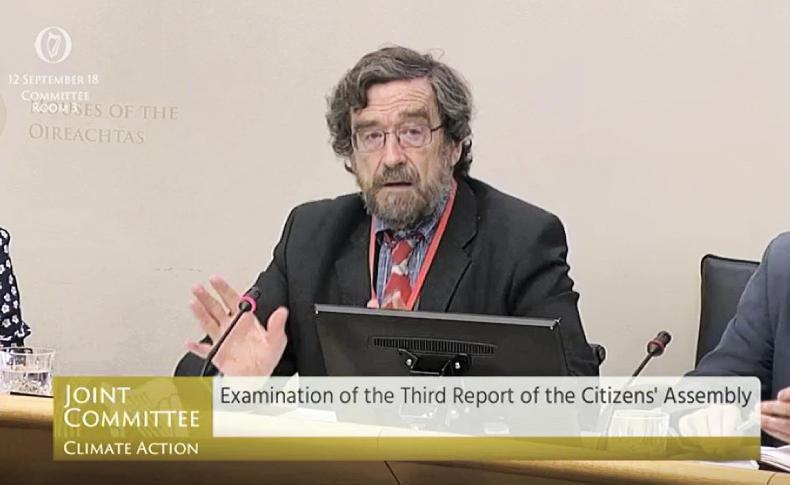
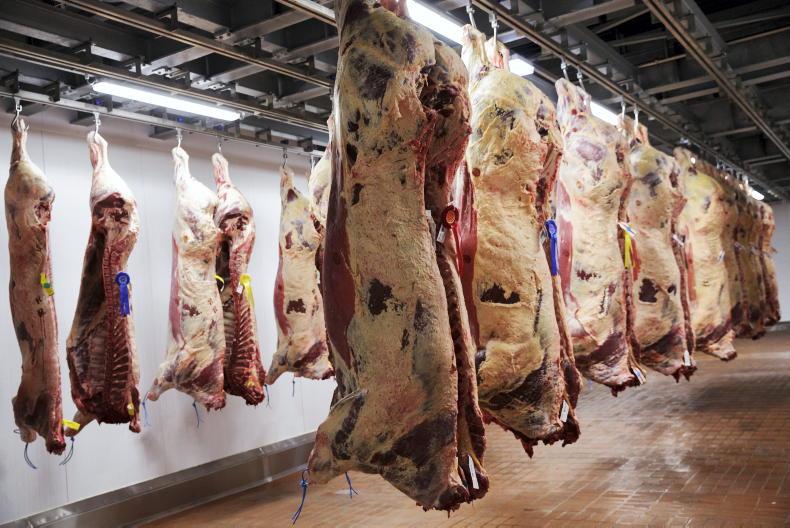

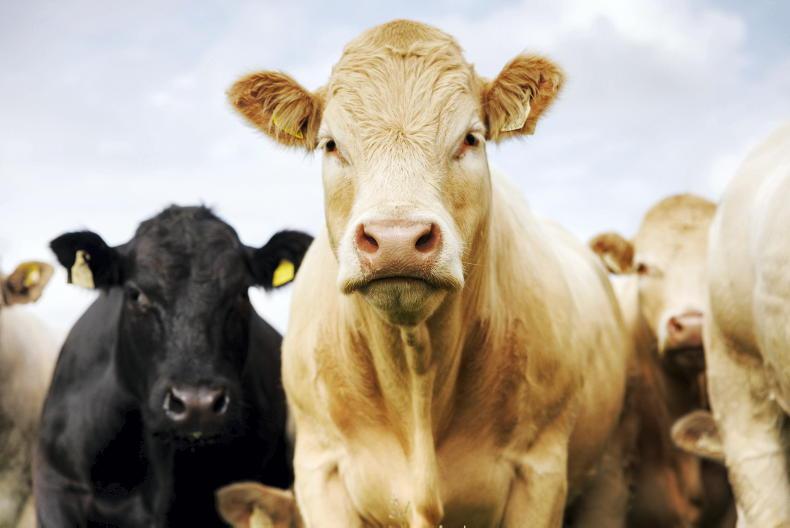
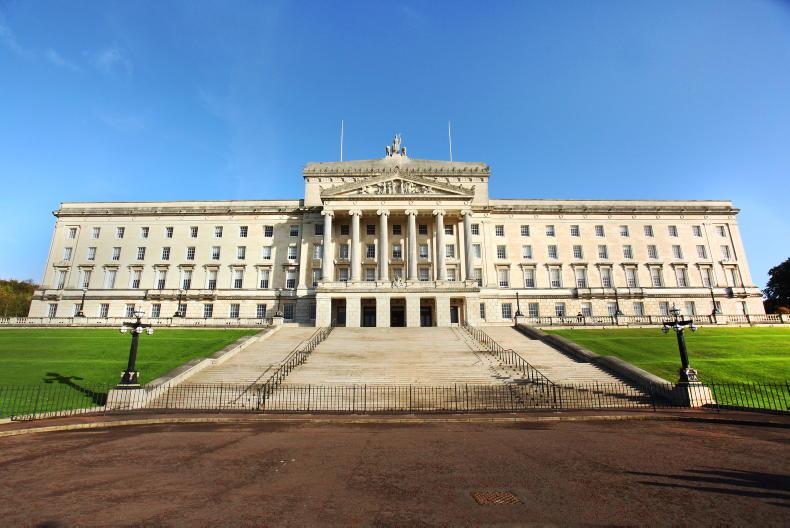
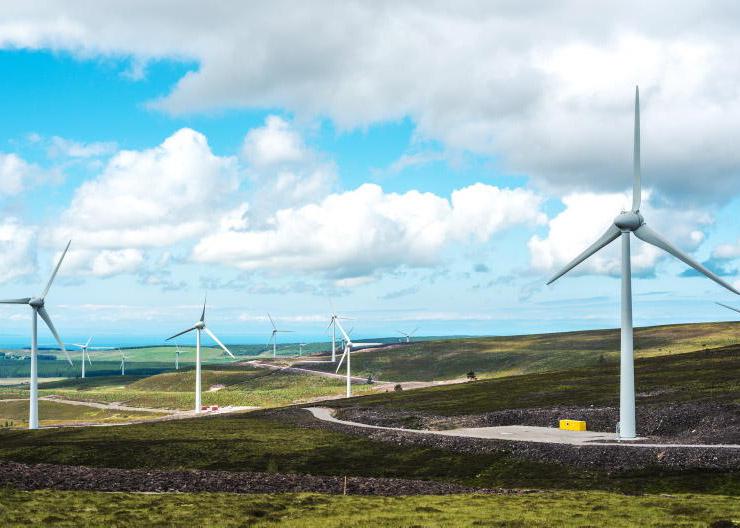
SHARING OPTIONS